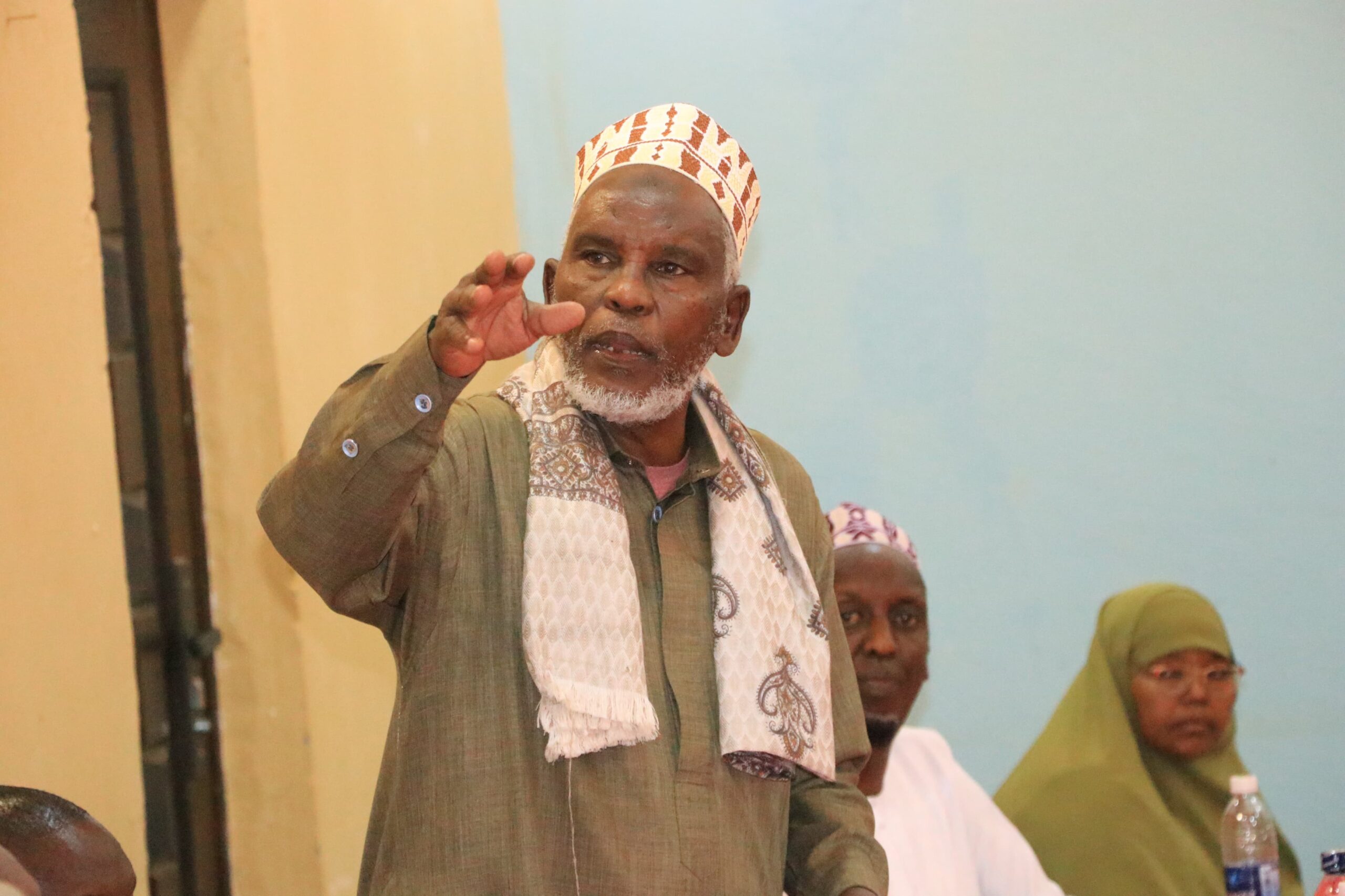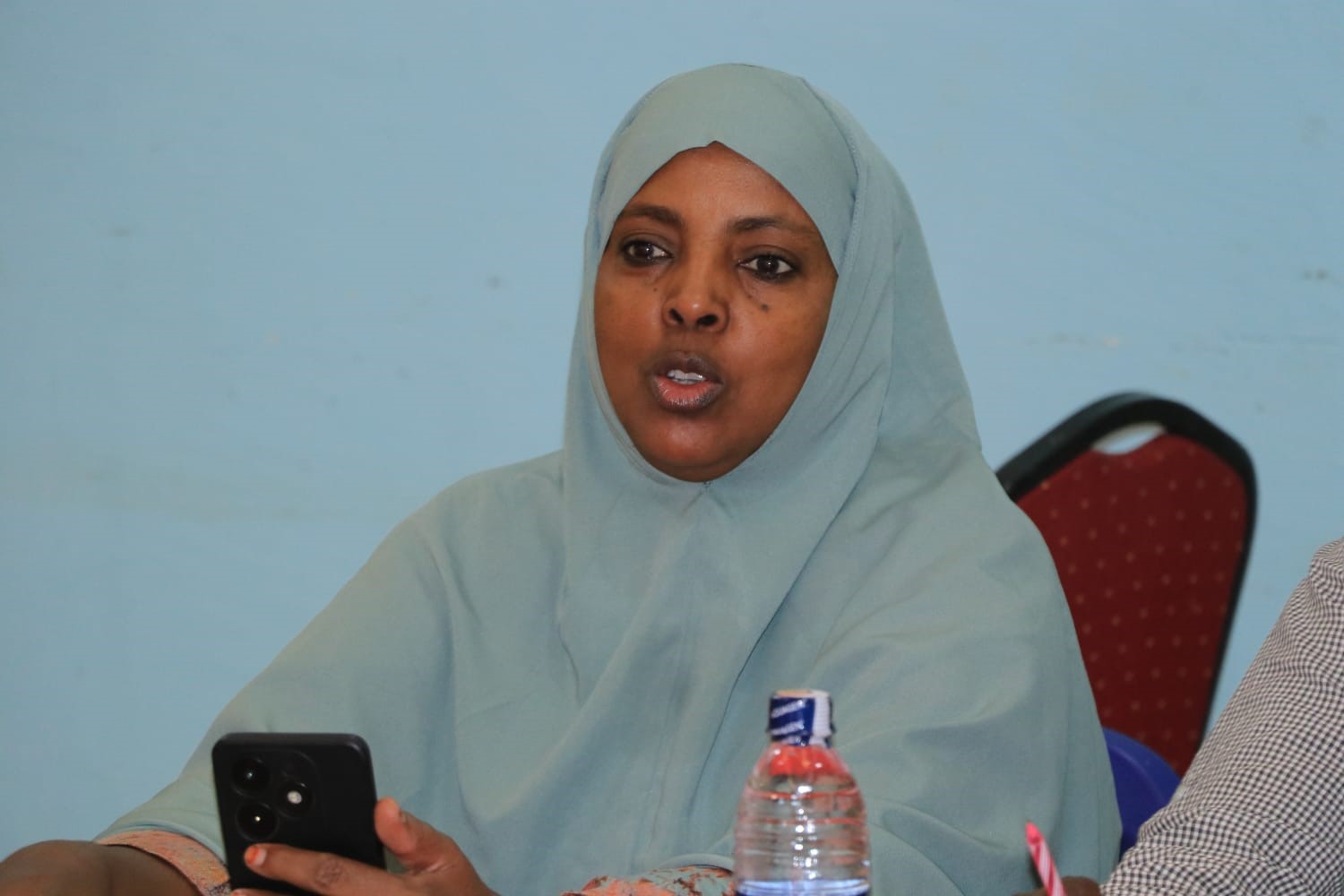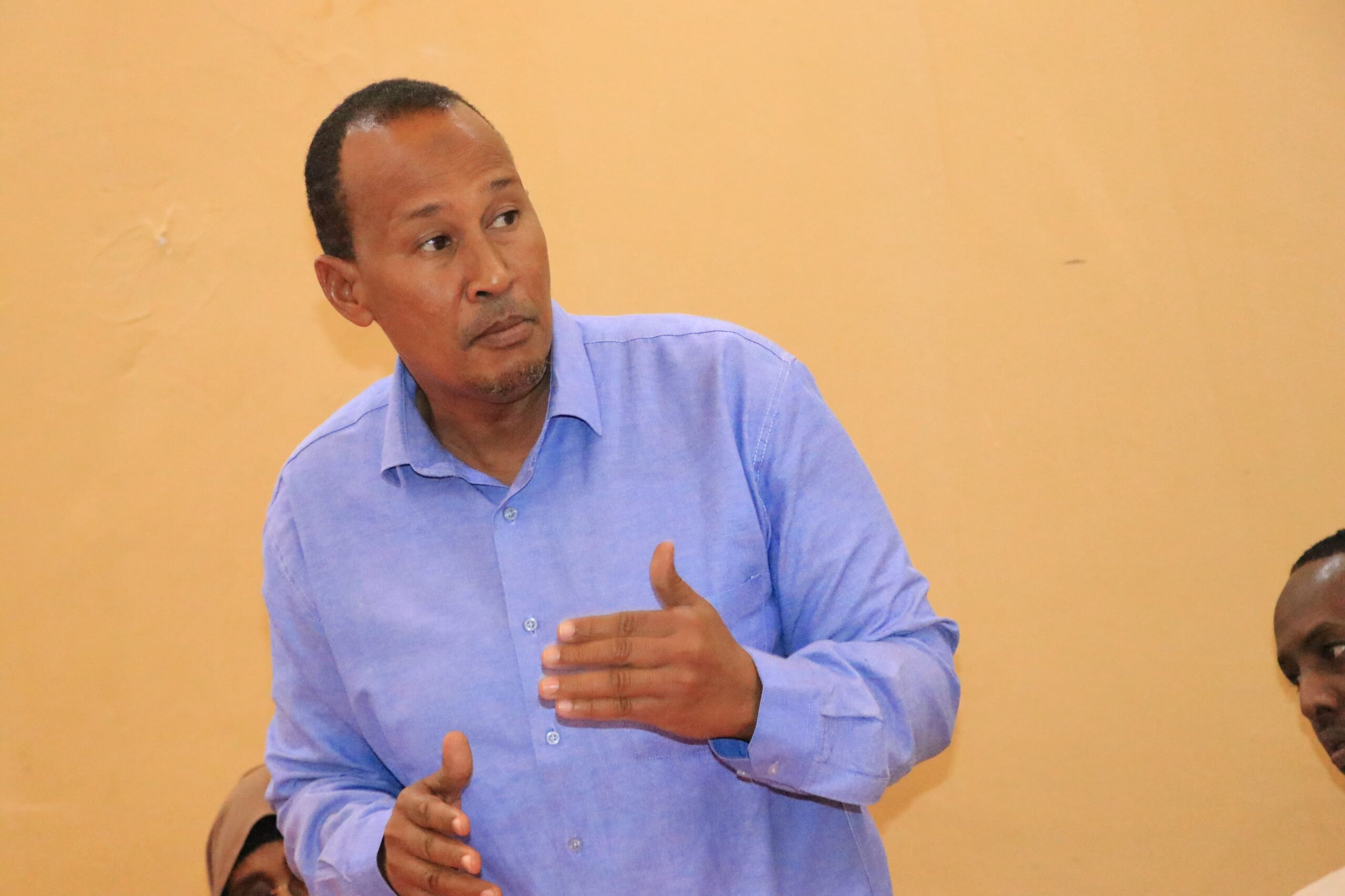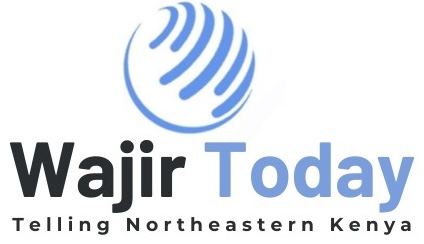
By Abdullahi Jamaa | Wajir Today
The brutal murder of 17-year-old Gaala Aden Abdi on 22 March 2025 is still lingering in the hearts and minds of many people in Wajir. Murdered and burnt, her case has sent shockwaves across the world, making Wajir a hotspot of sexual and gender-based violence (SGBV).
In light of her case and countless others that go unreported, stakeholders are intensifying their campaign against inhuman treatment of vulnerable girls and women, many of whom continue to bear the brunt of systematic abuse, torture, and harassment.
In Wajir, the civil society say it’s that time for all stakeholders in the predominately Muslim community to break the silence and lift the veil about taboos and traditions that continue to undermine the war against SGBV.
Anti SGBV campaigners aim to give a voice to the voiceless survivors while chatting a new roadmap to prevent harm and abuse against women in the largely conservative community where traditional mechanism for arbitration widely known as Maslaha holds sway.
The past three months alone, more than eight incidents have been reported, with a troubling trend of perpetrators fleeing across the border into Somalia to evade justice. Unfortunately, the continued reliance on Maslaha has undermined efforts to hold offenders accountable.
Waging an invigorated campaign where silence is considered a violence, stakeholders are now calling for proactive community approach to end the vice once and for all. With this, human rights actors are inpatient with local community’s slow response in dealing with the problem.
“Sexual and gender-based violence are widespread. Wajir was in the news for all the wrong reasons. Why are we having these problems and what went wrong” is a question Mr. Hassan Abdi Omar, the Regional Coordinator for Kenya National Commission on Human Rights (KNCHR) put to a stakeholders’ dialogue forum organised by Worthy Vision, a non-profit organization in Wajir
Under the project titled ‘Enhancing access to justice for women, youth and PWD’s in Wajir county’ Worthy Vision brought together a cross section of stakeholders drawn from the local civil society orgganisations, security agencies, community leaders, religious scholars and human right defenders.
While campaigners are putting their best foot forward to address the crisis, the community continue to register an upward trend of violence with many cases happening in the precarious hinterland where access to services are little or non-existent at all.
“Cases of gender-based violence are very alarming and they are on the rise. The question is what can we do as a community. Can we come up with a resolution to address and stop this problem” Mr. Omar asks again
Discriminative judgements

Stakeholders have agreed that the widely practiced traditional Maslaha justice system plays a key role in perpetrating violence through its lenient and often discriminative judgments that undermines justice to victims and survivors.
“We are here in order to find a lasting solution but Maslaha system is done under the curtains and accusers are living free. Can we have a community that is passionate about addressing the problem of gender-based violence” asks Ms. Fatuma Yussuf, a human rights activist
For people like Ms. Fatuma, who have been at the frontline of the war against this type of violence, many times they feel that they are shouting into the wind where their work is similar to pushing a boulder uphill.
“There is a lot of awareness that has been done. We have to blame ourselves as a community. Because the community always supports the accused and the victim is always isolated with no one asking what happened to them. Through traditional Maslaha system, we are clapping for gender-based violence” Ms. Fatuma warns
Vocal peace elder in Wajir Mr. Mohamed Dagane agrees that they are trying to a wake up a sleeping community when it comes to addressing the problems of gender-based violence. Although he blames its vehemence as an offshoot of social ills like drug addiction, he points out Maslah system as an issue that has become an egg on elders’ faces.
“It’s true Maslaha is part of the problem. We must have a just society for addressing some of the emerging issues. If we get justice and equality, we shall see changes in the entire community” says Mr. Mohamed
Human rights defenders like Safi Abdullahi agitate for homegrown solutions to end violence against women in order to achieve a lasting impact. She advocates for total abolition of the use of traditional justice system in gender violence cases.
“We are appealing to the people of Wajir to stop using the Maslaha justice system in cases involving gender violence” appeals Ms. Safi “We need the community to use available legal channels to address the problem”
Local leaders are also lighting the torch of change in the community calling for a complete withdrawal from Maslaha system as one of the best strategies to deal with the malevolent practice in the expansive county.
“It’s good that we follow the law to the latter when it comes to gender-based violence. If we keep on saying my son and my daughter, we will not be able to address the problem” notes Mr. Adan Abdi Bulle, Wagberi Ward member of County Assembly
But elders like Mr. Mohamed Dagane believe that one way to curb the increasing cases of rape and defilement in the county is also to address widespread drug addiction and abuse.
A new trend of isolated gangraping incidences have been reported in the county in recent months, linking increasing rape cases to youths under the influence of drug and alcohol.
“Drug abuse is rampant in the county. Many of our youths are victims and it contributes to the problem of GBV” believes Mr. Mohamed.” Together with the local security agencies we must also wage a war against drug abuse”
Sense of urgency

To turn the tide, campaigners say it is now time to draw a line in the sand to eradicate GBV that has been a thorn in the flesh of local communities, degenerating morality and dignity of women and girls.
“We must wake up as people of Wajir and create a sense of urgency. We need to strengthen our Nyumba Kumi’s and include women and youth. Let’s also do a lot of public awareness through public barazas and direct engagements at grassroot level” urges Ms. Habiba Unshur, a veteran educationist
Organizations like Worthy Vision have been blazing a trail in the fight against SGBV through community education and advocacy, making great strides in raising awareness and transforming public attitude towards GBV.
Mr. Mahat Abikar, a Program officer at Worthy Vision who oversees the project funded by European Union through UNDP Amkeni Wakenya Plead project in Wajir says stakeholder forums in response to the disturbing surge SGBV cases in the county have been a success.
“For the past two years, Worthy Vision, in partnership with UNDP Amkeni Wakenya, has been implementing a critical project focused on enhancing access to justice for marginalized and minority groups in Wajir County, work that has led to meaningful and measurable progress” Mr. Mahat says
At the close of the forum, participating stakeholders issued a joint statement reaffirming their unwavering commitment to a zero-tolerance policy on SGBV, speaking with one voice to underscore their shared resolve.
“We strongly assert that Maslaha has no legitimacy in addressing such serious violations, and its use only serves to perpetuate impunity” Mr. Mahat asserts
The forum marked the launch of a four-day, county-wide awareness and advocacy campaign across Wajir West and Wajir South, aimed at rallying grassroots support, amplifying community-led solutions, and reinforcing local efforts to combat GBV.
As stakeholders in forums such as the Worthy Vision dialogue in Wajir Town highlight the dangers of relying on traditional Somali justice mechanisms to address the inhuman crimes frequently committed against girls and women, community elders like Mohamed Dagane have pledged to take the message back to their peers and advocate for change at the grassroots level.
“As elders we are not part of this” Mr. Mohamed raises his hands up

